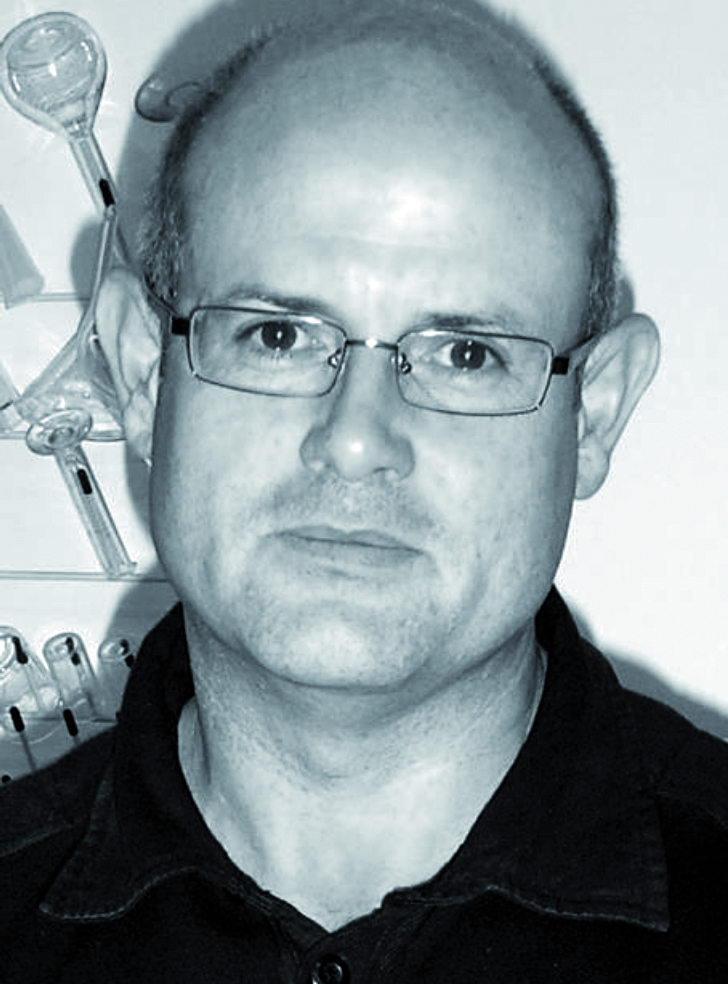Carles Alemán graduated in Chemistry from the University of Barcelona (Spain). He received his PhD from the Polytechnic University of Catalonia (UPC) in 1994, where he was promoted to Full Professor of Physical Chemistry. He was postdoctoral researcher at the ETH in Zürich (Switzerland) in the group headed by U.W. Suter and visiting professor at the Università di Napoli Federico II (Italy), University of Twente (Holland) and Universidade Federal do Rio Grande do Sul (Brazil). He is leader of the Innovation in Materials and Molecular Engineering (IMEM) group in Chemical Engineering Department, Director of the Environment Center Laboratory of UPC and associated researcher to IBEC. Among others awards, Carles received the Catalan Government Distinction Award for University research (2003), the I3 Research Intensification Distinction (2007) and the ICREA Academia (2008). He is co-author of more than 600 scientific articles, reviews, book chapters and books, and more than 10 patents.

Carles Alemán Llansó
ICREA Acadèmia 2008 & 2015
Universitat Politècnica de Catalunya · Experimental Sciences & Mathematics

Research interests
The research interests of Carles Alemán are focused on hybrid chemical systems for applications in the biomedical and energy storage fields. Within this context, he is particularly interested in: 1) the use of nanostructures for the fabrication of multifunctional systems and biointerfaces for the detection and simultaneous controlled release of drugs in real time; 2) the detection of multiple bioanalytes using self-powered polymeric systems; and 3) the preparation of bioplatforms with response multiple external stimuli (e.g. electrical voltage and light). Also, in the last few years he has been interested in the utilization of bioceramics as catalysts for the synthesis of biomolecules and biofuels. For such research, Carles Alemán uses both experimental approaches based on the synthesis, processing and characterization of (bio)materials, as well as computer simulation strategies for the understanding of chemical and physical phenomena at the microscopic level.
Keywords
Electroactive conducting polymers, Bioactive platforms, Biointerfaces, Detection, Energy, Biomineralization, Nanotechnology.